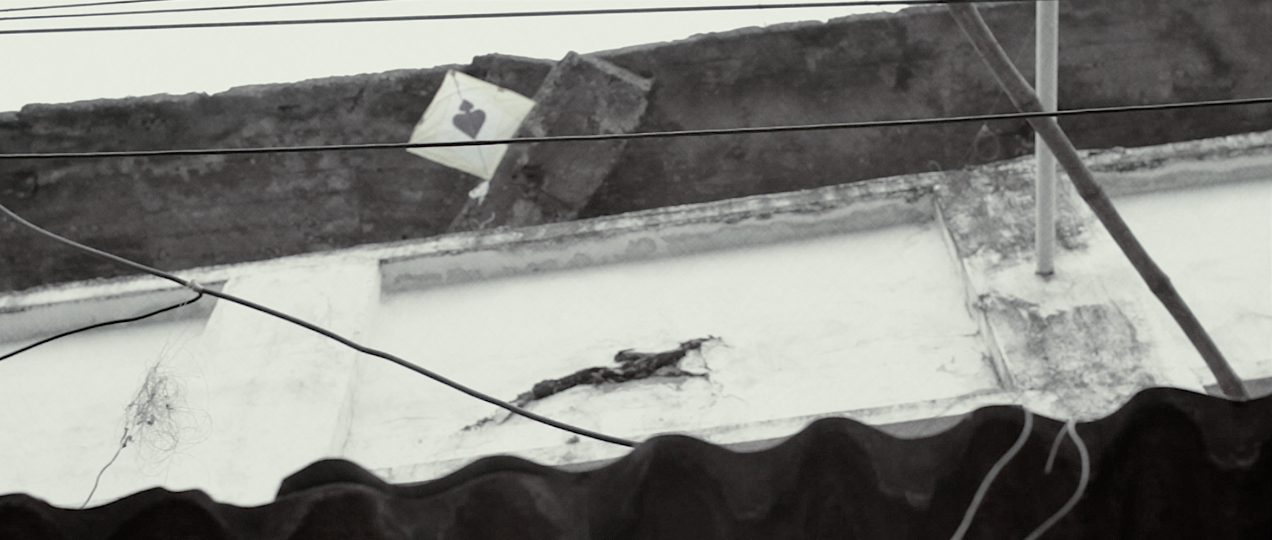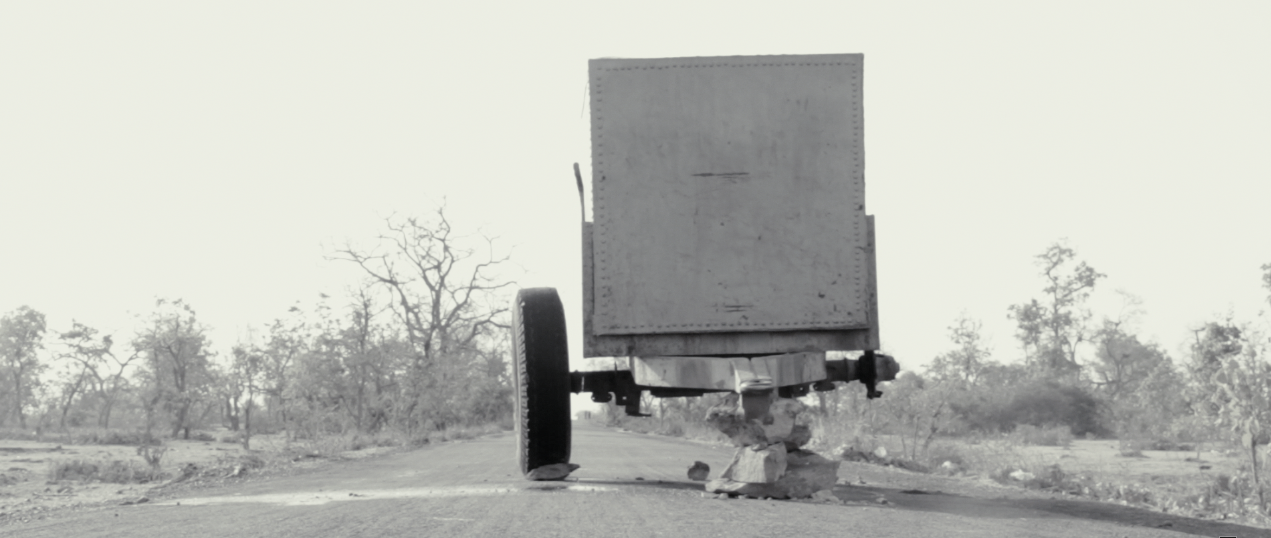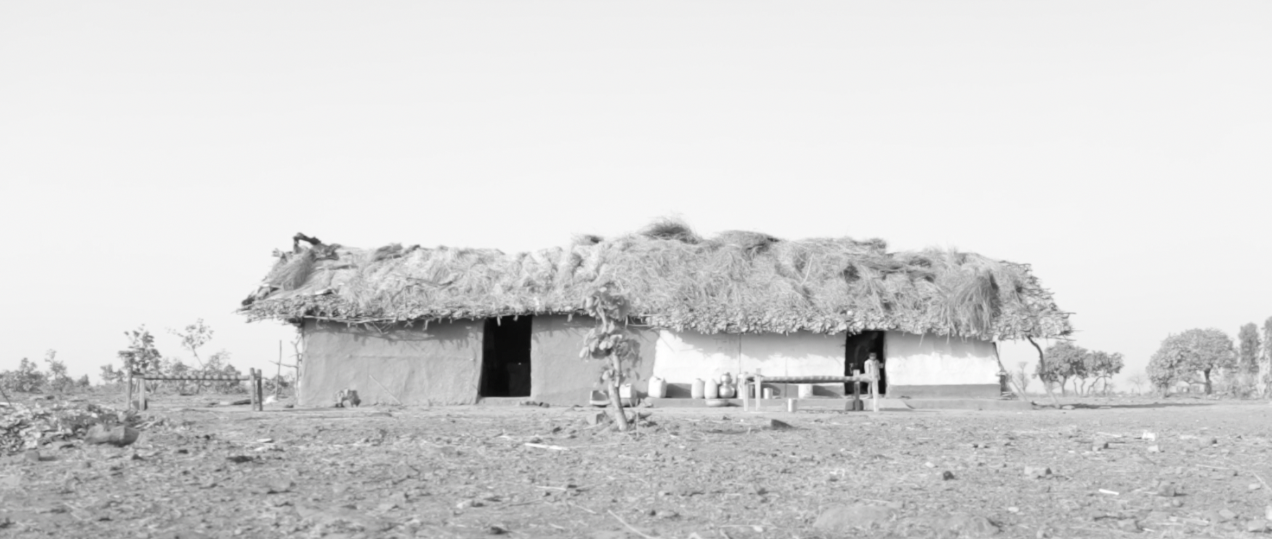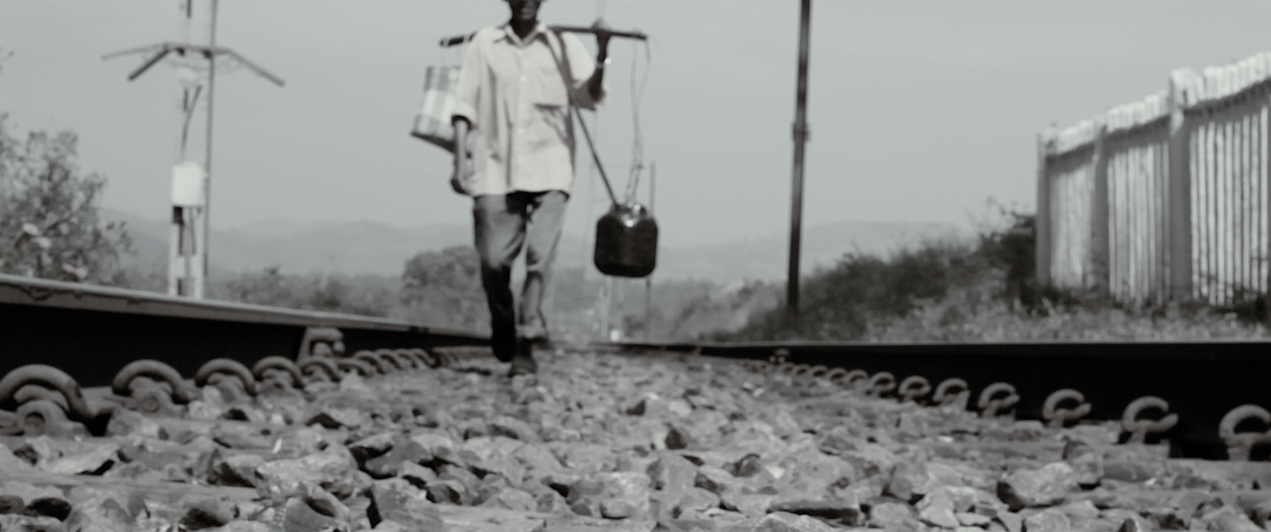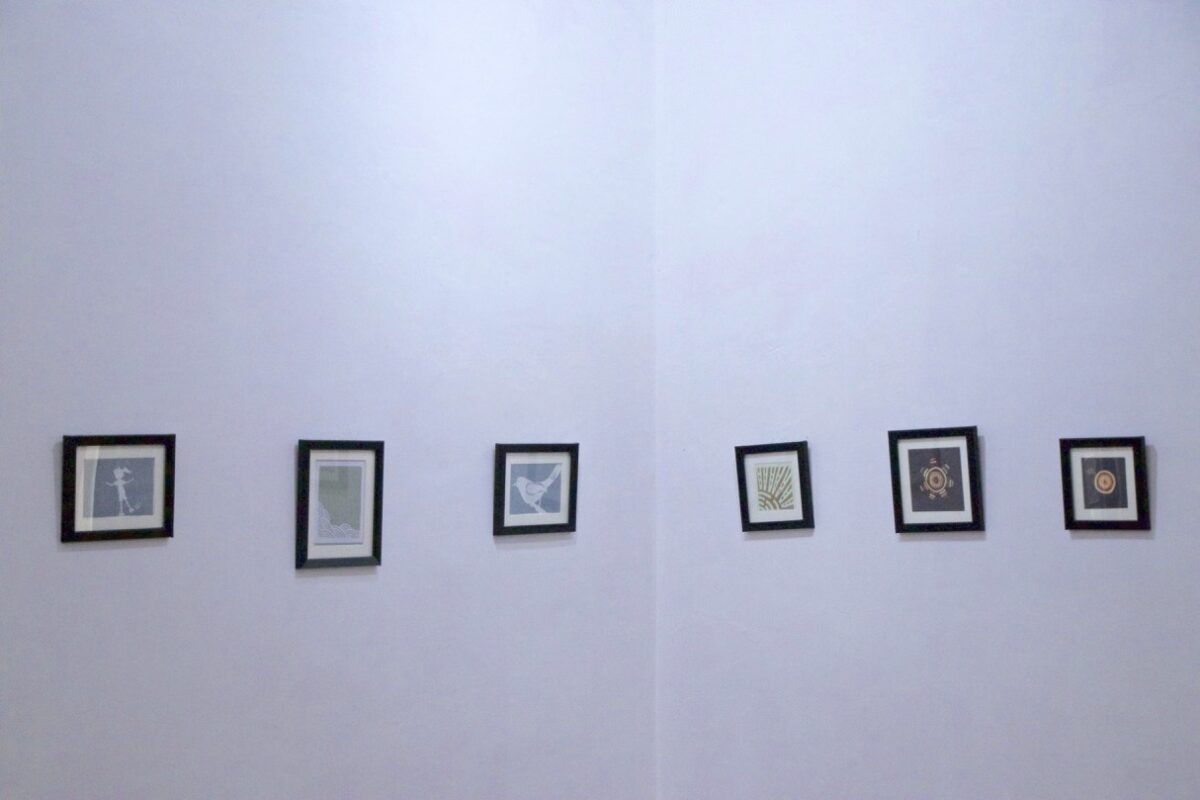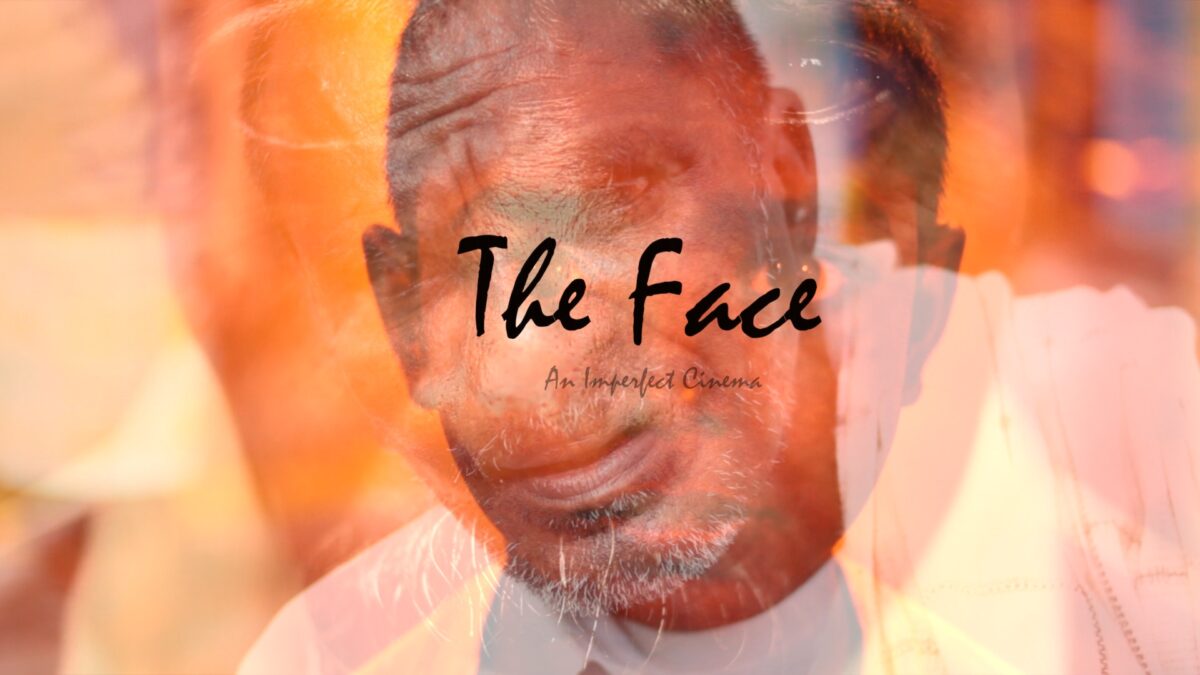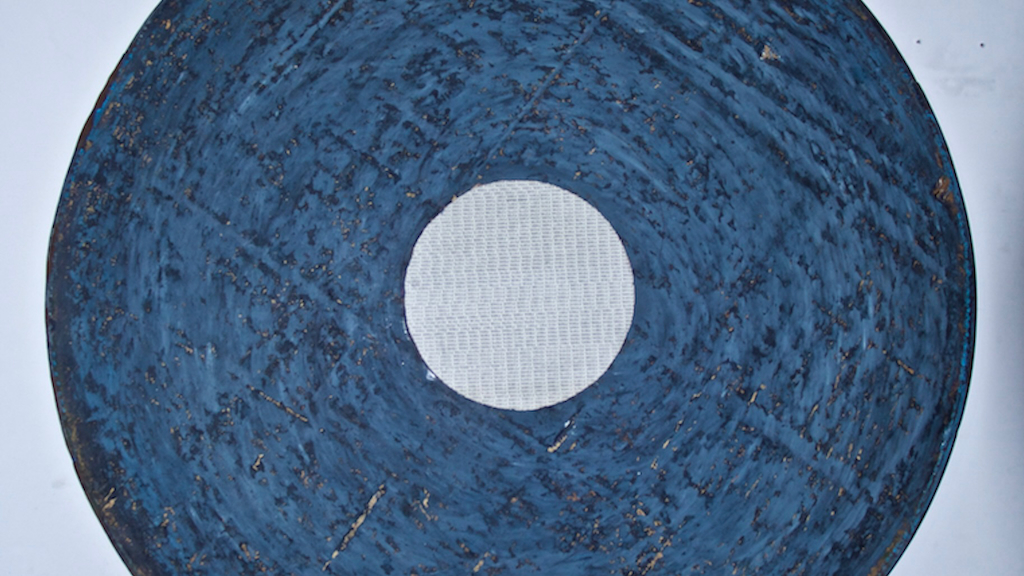Video, Single Channel, 9 minutes
Screenshots
The work is an on-screen adaptation of ‘Toward an Impure Poetry’, written in 1939 by Chilean poet – Pablo Neruda.
In his piece, Neruda critiques the notion of ‘pure’ detached poetry, advocating instead for an ‘Impure’ poetry deeply rooted in the everyday realities of life. His essay presents compelling prose that urges readers to pay close attention, particularly to the present moment. These moments, whether ordinary or extreme, define our existence and contribute to shaping who we are. They are the fundamental components that, beyond biological norms, construct a life. Neruda emphasizes the importance of acknowledging and appreciating every aspect of the moment, regardless of its aesthetic qualities. Details, such as the wear and tear of objects or the placement of items in time and space, serve as vital clues that convey meaning akin to written words on paper. If Pablo suggests that embracing the moment and its intricacies constitutes a form of poetry, then the camera becomes the tool that captures it. He illuminates the significance of seemingly minor details that often go unnoticed in our daily lives. Through the lens of a camera, we can extend our focus on these details, from footprints to fingerprints, barrels, baskets, and beyond. By lingering on these subjects through the camera lens, we allow our minds more time to contemplate their significance.
This very piece, led me to compose on screen, the severity of the utmost ordinary, the otherwise neglected, the very dull, and the seen-yet-unseen. In a more spiritual sense of connection with the work, my encounter with the piece, made the perfect fitting meaning, to every visual experience that I had recorded, but had never used in a context. The poetics that I discovered with the work, resounded metaphysically with each frame that I came across while composing it, and that for me, is an expression that conjoins my work with the experiences from which it was born, beyond the very ways in which it was lived. The visuals are overlaid on a narrative of the essay in English, which is treated as the score (sans any music, or sound effects).
– Lallan
